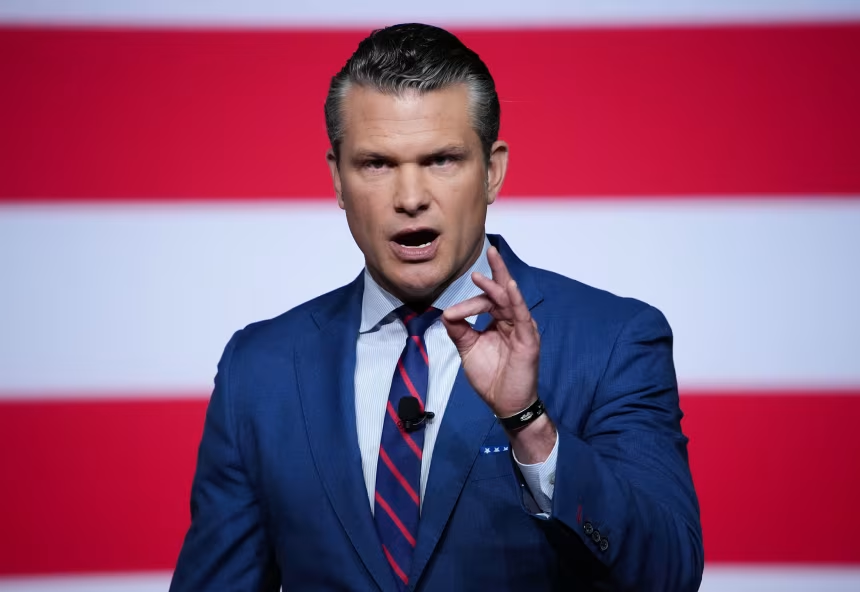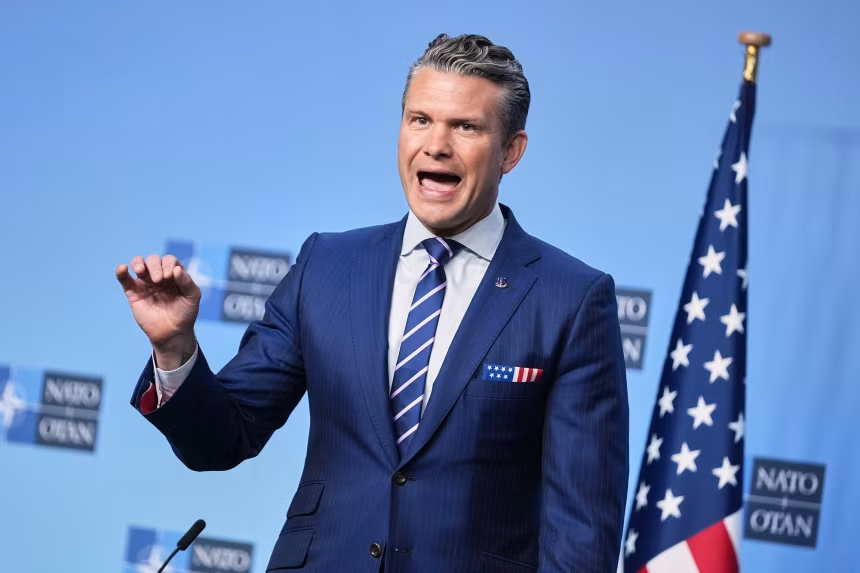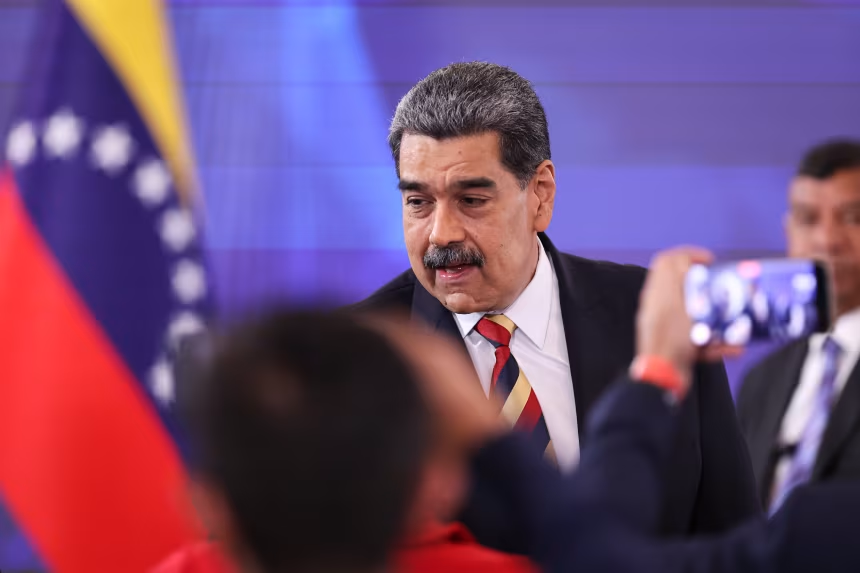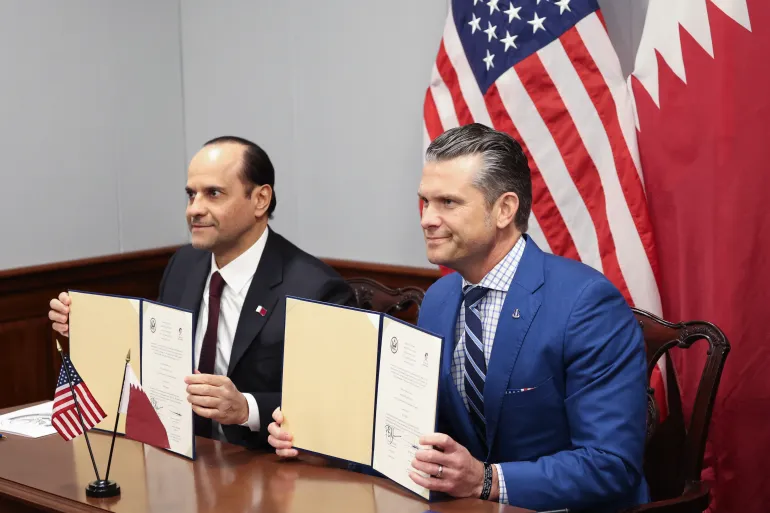The Pentagon is planning to move about 600 military lawyers, known as Judge Advocate Generals (JAGs), into civilian courts to serve as temporary immigration judges. This decision, requested by the Departments of Homeland Security and Justice, aims to ease the severe backlog in U.S. immigration cases.
Normally, JAG officers handle military legal issues, such as court-martials, legal advice to commanders, and interpreting military law. Under this new plan, they would instead oversee civil immigration hearings—deciding on deportations, asylum claims, and other cases.
However, this plan has raised serious concerns within both military and legal circles:
- Lack of Experience: Most JAGs specialize in military law, not immigration. Critics warn that assigning them to complex asylum and deportation cases could lead to mistakes and unfair rulings.
- Blurring of Military and Civil Roles: Having military officers act as civilian judges could weaken the traditional separation between the military and the justice system.
- Possible Legal Violations: Some experts argue that the move may conflict with the Posse Comitatus Act, which restricts military involvement in civilian law enforcement.
- Impact on Military Morale: Many within the armed forces worry this will disrupt normal JAG duties and affect military legal operations.
Supporters, however, say the move is necessary. Immigration courts are overwhelmed, with millions of pending cases. They argue that temporarily using military lawyers will help speed up hearings and reduce delays for thousands of immigrants waiting for decisions.
Defense Secretary Pete Hegseth is behind the initiative, describing it as a “temporary emergency measure” to support national needs. Still, many lawmakers and legal experts are demanding clearer boundaries and oversight to ensure the military’s independence remains intact.
In short: The Pentagon’s plan to use 600 military lawyers as immigration judges is meant to fix a huge backlog but has sparked debate about legality, fairness, and the military’s proper role in civilian affairs.






